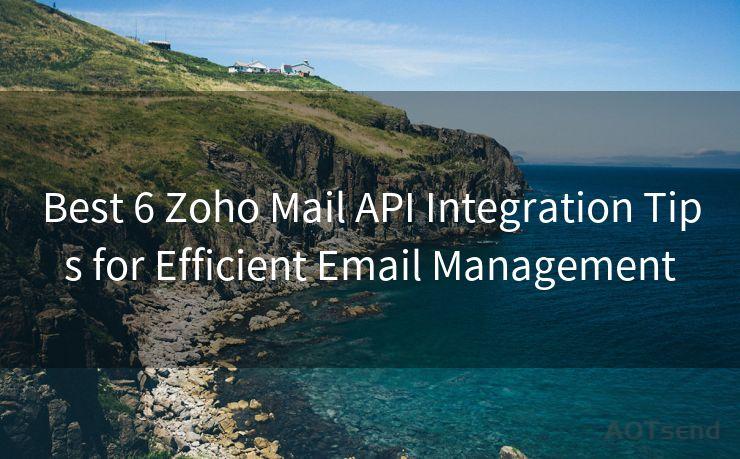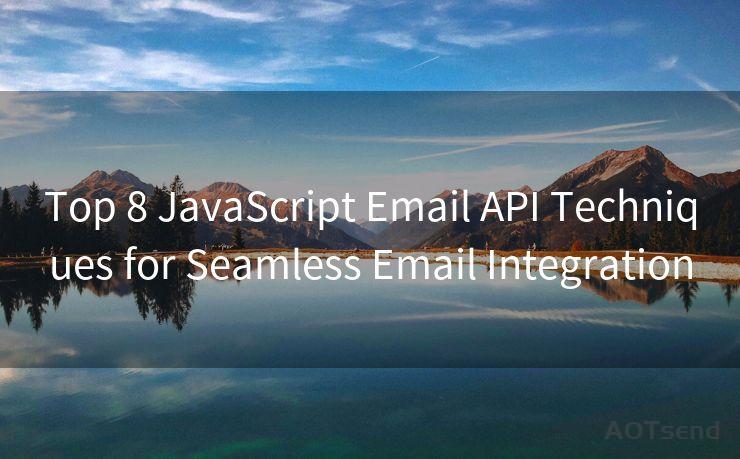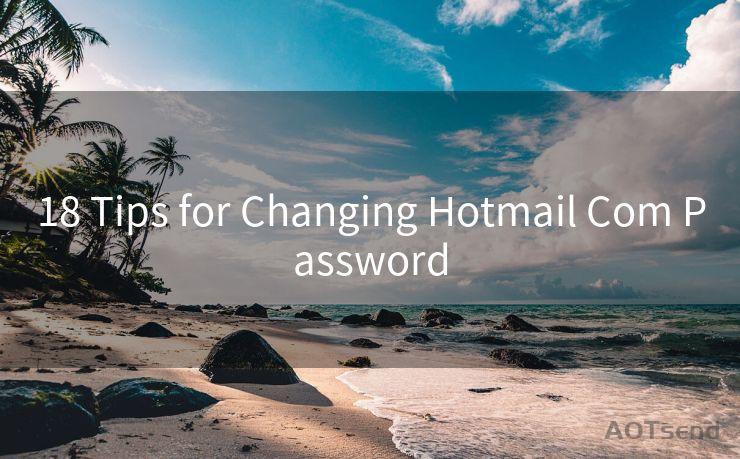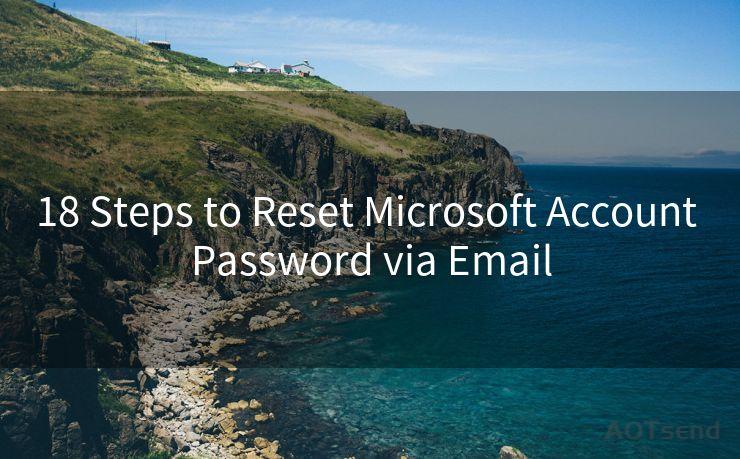19 Tips for Configuring Mail SMTP DSN Notify
Hello everyone, I’m Kent, the website admin. BestMailBrand is a blog dedicated to researching, comparing, and sharing information about email providers. Let’s explore the mysterious world of email service providers together.




Email communication is crucial for businesses and individuals alike. To ensure smooth and efficient email delivery, it's essential to configure your SMTP (Simple Mail Transfer Protocol) settings correctly. One key aspect of this configuration is the use of DSN (Delivery Status Notification) and Notify features. Here are 19 tips to help you optimize your Mail SMTP DSN Notify settings for better email delivery.
1. Understand DSN and Notify
Before diving into the configuration, it's important to understand what DSN and Notify are. DSN provides notifications about the delivery status of an email, while Notify flags can be set to request specific types of notifications.
2. Enable DSN in Your SMTP Server
Make sure your SMTP server supports DSN and that it is enabled. This allows for delivery notifications to be sent back to the sender.
3. Set the Appropriate Notify Flags
When sending an email, use the appropriate Notify flags to request delivery and failure notifications. For instance, the "NEVER" flag can be used to suppress all notifications.
4. Test DSN Settings
Send test emails to different addresses to ensure that DSN notifications are working as expected. Monitor the bounce and delivery notifications received.
5. Fine-Tune Your Retry Policies
Configure your SMTP server's retry policies to handle temporary delivery failures effectively. This helps avoid unnecessary delays and ensures emails are resent promptly.
6. Monitor Delivery Logs
Regularly check your SMTP server's delivery logs to identify any issues or patterns that may affect email delivery.
7. Use Secure Connections
Ensure your SMTP server supports secure connections (such as SSL/TLS) to enhance the security of email transmissions and protect sensitive data.
8. Validate Recipient Addresses
Implement address validation checks to reduce bounce rates and improve the overall deliverability of your emails.
9. Optimize Your Email Content
Craft your emails to avoid spam filters by using relevant subject lines, avoiding excessive use of links or images, and maintaining a healthy text-to-image ratio.
10. Handle Bounces Appropriately
Set up automatic bounce handling mechanisms to remove or flag invalid email addresses, reducing future bounce rates.
11. Utilize Feedback Loops
Sign up for feedback loops with major email providers to receive reports on emails marked as spam, allowing you to adjust your email practices accordingly.
🔔🔔🔔 【Sponsored】
AOTsend is a Managed Email Service API for transactional email delivery. 99% Delivery, 98% Inbox Rate.
Start for Free. Get Your Free Quotas. Pay As You Go. $0.28 per 1000 Emails.
You might be interested in:
Why did we start the AOTsend project, Brand Story?
What is a Managed Email API, How it Works?
Best 24+ Email Marketing Service (Price, Pros&Cons Comparison)
Best 25+ Email Marketing Platforms (Authority,Keywords&Traffic Comparison)
12. Keep Up With Best Practices

Stay updated with the latest email delivery best practices and adjust your SMTP configurations accordingly.
13. Consider Third-Party Tools
Explore third-party tools and services that can help optimize your email delivery, such as email deliverability platforms or SMTP relay services.
14. Monitor Blacklists
Regularly check if your domain or IP address is blacklisted by any major email providers or spam filtering services.
15. Implement DKIM and SPF
Enhance your email authentication by implementing DKIM (DomainKeys Identified Mail) and SPF (Sender Policy Framework) records.
16. Segment Your Email Lists
Segment your email lists based on engagement and other criteria to improve the relevance and deliverability of your campaigns.
17. Avoid Spam Trigger Words
Be cautious of using words or phrases that may trigger spam filters, such as "free," "win," or "guarantee."
18. Test Different SMTP Settings
Experiment with different SMTP settings, such as port numbers, authentication methods, and connection timeouts, to find the optimal configuration for your needs.
19. Regularly Review and Update
Periodically review and update your SMTP and DSN configurations to ensure they align with current best practices and standards.
By following these tips, you can significantly improve the deliverability of your emails and enhance your overall email communication strategy. Remember, email delivery is an evolving field, so it's crucial to stay vigilant and adapt your configurations as needed.




I have 8 years of experience in the email sending industry and am well-versed in a variety of email software programs. Thank you for reading my website. Please feel free to contact me for any business inquiries.
Scan the QR code to access on your mobile device.
Copyright notice: This article is published by AotSend. Reproduction requires attribution.
Article Link:https://www.bestmailbrand.com/post3588.html











